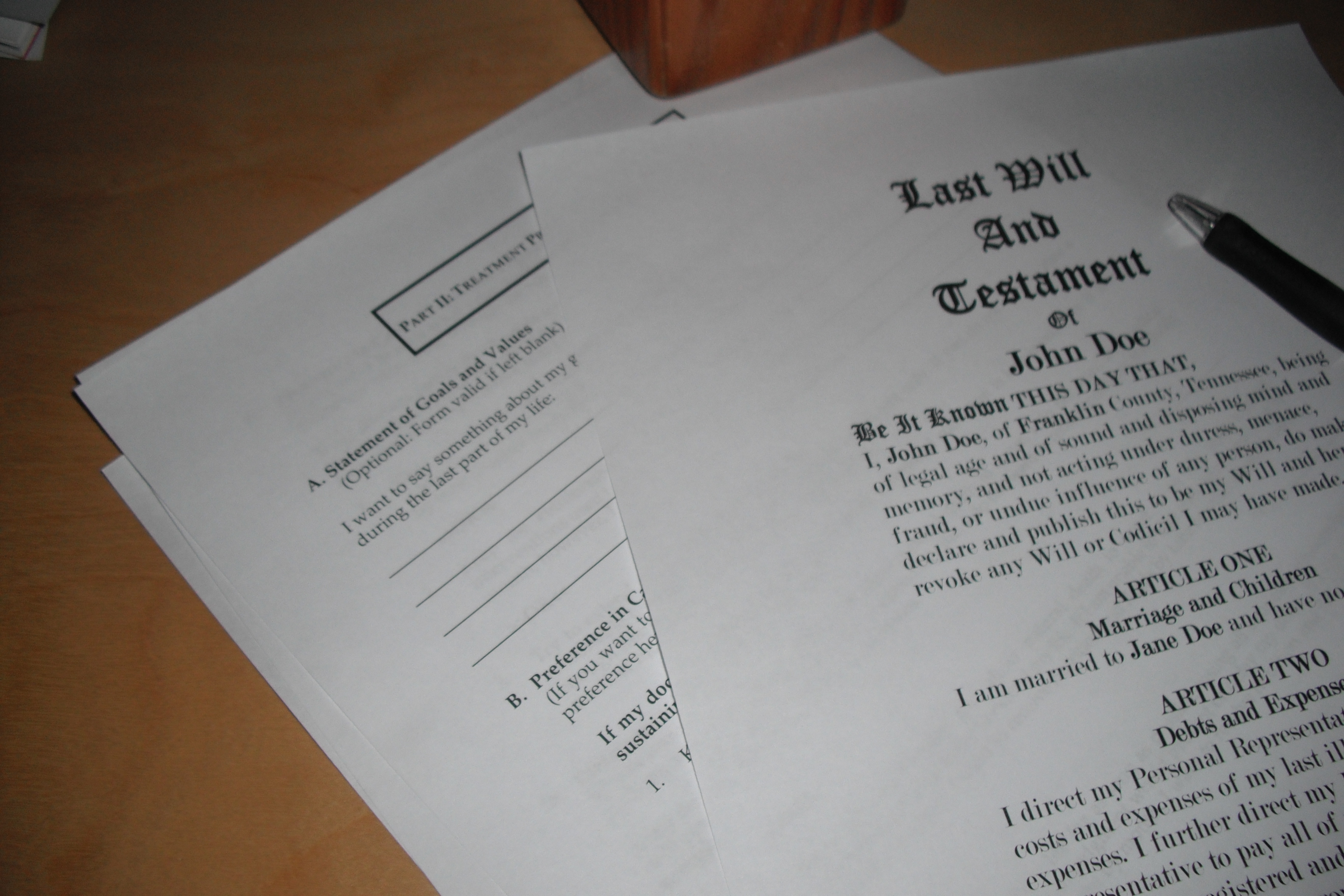
Rachel L. Yates*, John I. Jones IV**, & Brittany Dunn-Pirio***, Annual Survey of Virginia Law Criminal Law and Procedure, 54 U. Rich. L. Rev. 31 (2019).
Click here to download PDF.
This Article surveys recent developments in criminal procedure and law in Virginia. Because of space limitations, the authors have limited their discussion to the most significant appellate decisions and legislation.

Laurence V. Parker Jr.*, Annual Survey of Virginia Law Corporate and Business Law, 54 U. Rich. L. Rev. 73 (2019).
Click here to download PDF.
This year there were a number of significant legislative changes to the Virginia Stock Corporation Act (“VSCA”) and the Virginia Limited Liability Company Act. Part I discusses certain statutory changes related to Virginia Corporations. Part II summarizes the changes to VSCA, including changes related to ratification of defective corporate acts, appraisal rights in asset sale transactions, multiple changes related to interspecies transactions, improving and making the effect of merger, domestication, and conversion language more uniform, refining the process for abandoning fundamental transactions, regulating the second step merger following a tender offer, modifying the corporate opportunity doctrine, allowing for a court to remove directors, permitting officer reliance, revising provisions related to officer and director indemnification, simplifying the voting information required in documents filed with the State Corporation Commission (“SCC”), regulating the use of forum selection clauses in governance documents, modifying cumulative voting, and modifying shareholder information rights. Part III describes the Uniform Protected Series Act, which Virginia adopted this year as an amendment to its Limited Liability Company Act. Part IV reviews a Supreme Court of Virginia case addressing the statutory safe harbor permitting an asset sale without shareholder approval and the ability to amend that safe harbor.
* Shareholder, Williams Mullen, Richmond, Virginia. J.D., 2003, University of Richmond School of Law; M.B.A., 2003, The Robins School of Business, University of Richmond; B.A., 1995, University of Virginia.

Bret G. Daniel* and Erin B. Edwards**, Annual Survey of Virginia Law Employment Law, 54 U. Rich. L. Rev. 103 (2019).
Click here to download PDF.
Virginia has historically been regarded as an employer-friendly jurisdiction. However, in recent years, the Fourth Circuit Court of Appeals has issued an increasing number of opinions that tend to favor employees. With a state legislature largely reluctant to interfere in the employer-employee relationship, developments in employment law generally occur via Fourth Circuit jurisprudence. Given the predominance of federal employment law in Virginia, the following discussion regarding developments in this practice area focuses less on state statutes and courts, and more on decisions handed down from the federal bench.
This Article provides an update on recent developments in employment law in Virginia. It does not attempt to capture every change in the law, but instead focuses on significant developments in this arena. Part I of the Article discusses noteworthy shifts in Fourth Circuit jurisprudence regarding: the Equal Pay Act, Title VII of the Civil Rights Act, the Americans with Disabilities Act, and the Fair Labor Standards Act. Part II of the Article contains a brief update on state-specific statutory and case law developments regarding military leave, data privacy, employee access to personnel records, and Virginia’s unique flavor of wrongful termination—Bowman claims.

Craig D. Bell* and Michael H. Brady**, Annual Survey of Virginia Law Taxation, 54 U. Rich. L. Rev. 133 (2019).
Click here to download PDF.
This Article reviews significant recent developments in the laws affecting Virginia state and local taxation. Its Parts cover legislative activity, judicial decisions, and selected opinions and other pronouncements from the Virginia Department of Taxation (the “Tax Department”) and the Attorney General of Virginia over the past year.
Part I of this Article addresses state taxes. Part II covers local taxes, including real and tangible personal property taxes, license taxes, recordation taxes, and administrative local tax procedures.
The overall purpose of this Article is to provide Virginia tax and general practitioners with a concise overview of the recent developments in Virginia taxation that are most likely to impact their clients. However, it does not address many of the numerous minor, locality-specific or technical legislative changes to Title 58.1 of the Virginia Code, which covers taxation.

J. William Gray Jr.* & Katherine E. Ramsey**, Annual Survey of Virginia Law Wills, Trusts and Estates, 54 U. Rich. L. Rev. 183 (2019).
Click here to download PDF.
The 2019 Virginia General Assembly did not enact any major new legislation, but it did pass several significant amendments. Among the most useful was an amendment to the Virginia Uniform Transfers to Minors Act which extended the maximum age for custodianships from twenty-one to twenty-five. The legislature also decided to cease imposing income taxes on estates and trusts whose sole connection to the Commonwealth is that they are being administered here. It responded to two recent court cases involving the required execution formalities for leases and the right to award attorneys’ fees in actions involving an agent’s breach of fiduciary duty under a power of attorney. Among other legislative actions, the General Assembly modernized the recordation tax exemption for certain deeds of distribution; dealt with issues affecting Virginia’s small estate, wrongful death, and property tax exemption statutes; made it easier for financial institutions to combat financial exploitation of the elderly; strengthened the enforcement of reporting requirements for guardians; and protected circuit court clerks who disclose probate tax return information to the commissioner of accounts or who destroy wills they have been holding for 100 years or more.
For its part, the Supreme Court of Virginia handed down six decisions addressing the presumption of undue influence, the attestation requirements and principles of construction applicable to wills, the legal effect of naming an estate or trust (rather than the fiduciary) as the sole party to a suit, the application of Virginia’s long-arm statute in an elder abuse case, and the legal requirements for execution of a lease with a term of five years or more.





